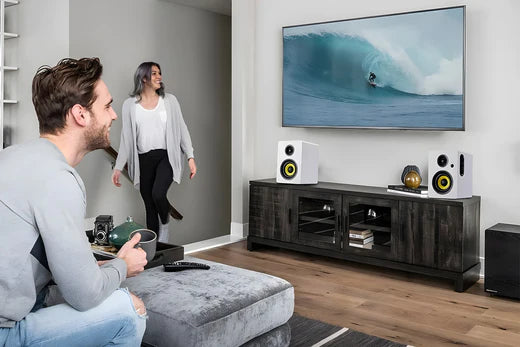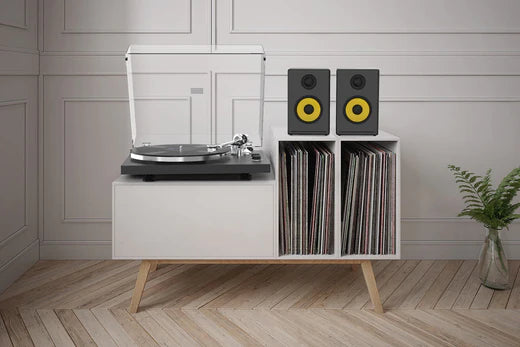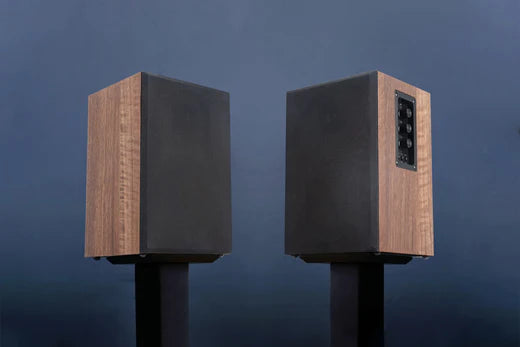Sound systems are at the heart of our music, film and entertainment lives. However, from time to time some problems may occur, such as audio distortion, noise, or sudden silence. In this article, we'll provide in-depth sound troubleshooting and maintenance advice to ensure your sound system remains in tip-top shape.
Sound Troubleshooting
1. Silence or Disappearance of Sound Problem:
If your sound system suddenly goes silent, first check the following:
- Power and cables: Make sure everything is powered on and all cables are securely plugged in.
- Source selection: Check your source device to make sure the source is selected correctly.
- Speaker wiring: Make sure the speaker wiring is properly connected and there are no damaged cables or plugs.
2. Sound Distortion or Noise
Problem: If you hear distortion, buzz, or noise, you can try the following:
- Volume adjustment: Lower the volume. Sometimes sound distortion is caused by excessive volume.
- Connection issues: Check the cables to make sure they are securely plugged in and not loose or detached.
- Amplifier settings: Check your amplifier or receiver settings to make sure the equalization, gain, and tone controls are in the proper positions.
3. Sound Interruptions or Intermittent Issues
Problem: Sound may suddenly cut off or appear intermittently, possibly for one of the following reasons:
- Unstable connection: Check all cables to make sure they are securely connected. Loose cables can cause interruptions in sound.
- Wireless interference: If you use a wireless sound system, other nearby devices may interfere with the signal. Try to separate the source of interference from your audio equipment.
4. Noise and Buzzing
Problem: Noise and buzzing may be caused by ground loop problems. You can try the following methods to solve them:
- Ground Loop Isolator: Use a ground loop isolator to help resolve hum problems.
- Power and cables: Check the power cords and audio cables to make sure they are clear of interference.
Sound System Maintenance Recommendations
1. Regular Cleaning
Clean your audio equipment, including speakers and cabinets, regularly. Dust and dirt can degrade sound quality. Use a clean, soft cloth and cleaning solution to clean.
2. Cable Management
Maintain your cables and make sure they are neat and organized and don't get tangled. Cable managers, clamps, or tubes can help maintain good cable management.
3. Equipment Ventilation
Keep your audio equipment well ventilated. Do not place the device in an enclosed area or near a heat source. Overheating may cause equipment failure.
4. Software/Firmware Updates
If your audio equipment has online capabilities, regularly check to see if software or firmware updates are available from the manufacturer. These updates often improve performance and fix known issues.
5. Listen Regularly
Even if you don't use your sound system regularly, regularly turn on the equipment and give it a listen. This helps keep internal components functioning properly and avoid problems caused by long periods of disuse.
With proper sound troubleshooting and maintenance, you can ensure that your sound system continues to provide excellent sound quality and stability. Whether you're a music enthusiast or a home theater enthusiast, these tips will help you keep your sound system in top shape so you can continue to enjoy a great audio experience.









Leave a comment
All comments are moderated before being published.
This site is protected by hCaptcha and the hCaptcha Privacy Policy and Terms of Service apply.